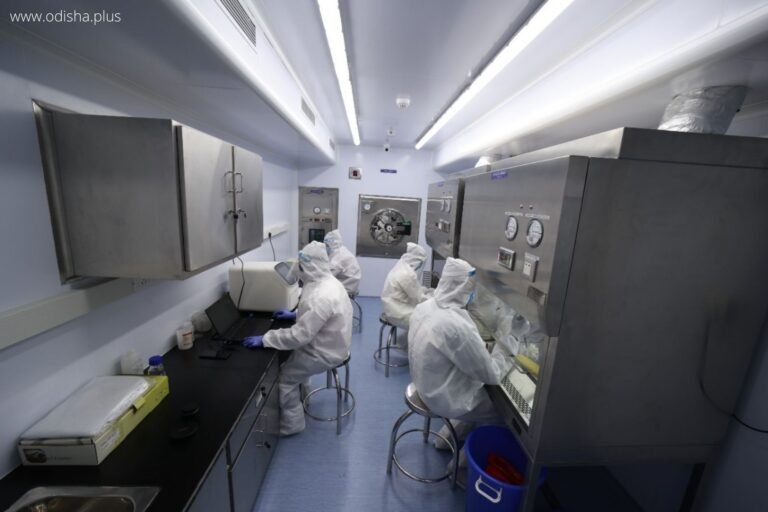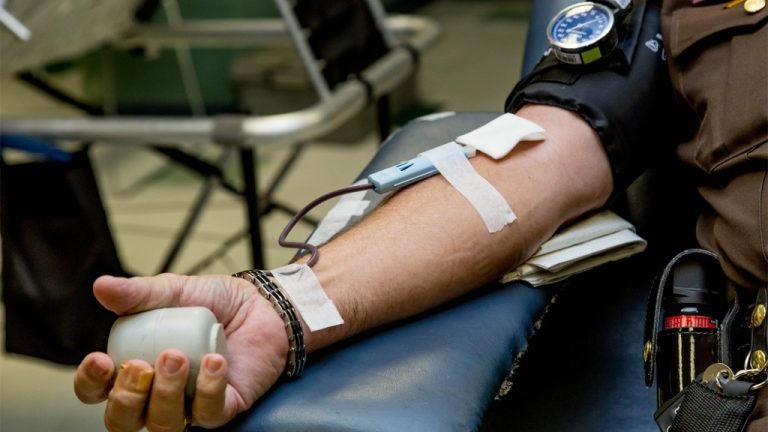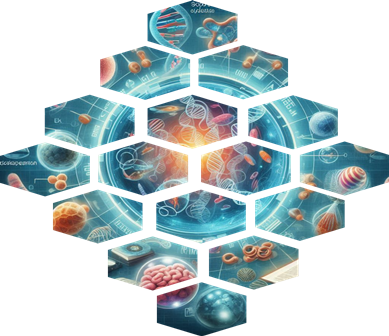Opportunities for future microbiologist: Career Paths in B.Sc. Microbiology
Outline
B.Sc. (Hons) Microbiology is a 4-year (3+1) undergraduate program aimed to impart knowledge targeted to specifically study the microorganisms. The program is structured following the National Education Policy 2020 as per the recommendation of University Grants Commission (UGC). In addition to theoretical knowledge, significant emphasis has been given to provide hands on experience to the students in the forefront areas of Microbiology
As per the UGC Guidelines for Multiple Entry and Exit in Academic Program offered in Higher Education Institutions, after completing the requirements of a three-year bachelor’s degree, candidates who secure a minimum CGPA of 7.5 shall be allowed to continue studies in the fourth year of the undergraduate program to pursue and complete the bachelor’s degree with Research. Students who do not have 7.5 CGPA up to the sixth semester will be awarded bachelor’s degree as they will have to exit the bachelor’s degree Program after completing the sixth semester. The University will offer four years of bachelor’s degree and two years of master’s degree Program from the academic session 2022 to 2023 and one year of master’s degree Program from the academic session 2026 to 2027, in line with the recommendations of the National Education Policy 2020.
Eligibility:
10+2 PCB/PCMB with 50% aggregate (45% for SC/ST category of students)
Curriculum:
B.Sc. (Hons.) Microbiology (3+1 year) Course Structure
Scope/Job profiles
Microbiology students can seek careers in job profiles such as Clinical Microbiologist, Environmental Microbiologist, Mycologist, Parasitologist, Virologist, etc. Microbiologists can work in various companies. Some of the spheres in which they can work include the following:
· Agriculture Department
· Chemical Industries
· Beverage Industry
· Food Industry
· Environmental Agencies
· Research Organizations
· Private Hospitals
· Laboratories
· Universities
· Pharmaceutical Industries
Biomedical Scientist: Biomedical Scientists work on bettering human health. Biomedical scientists work in conjunction with healthcare sciences. They are responsible for designing studies, testing, and developing new treatment plans for various health problems.
If you are considering making a career out of this discipline, AIPH University presents itself as a prime choice with its state-of-the-art laboratories (including BSL-2 & BSL-3 facilities) and seasoned faculty members. The institution stands as a beacon of advanced training and development, equipping students with the necessary skills to excel in interviews and beyond.
About AIPH University
AIPH University is committed to being a leader in education, research and service and providing a platform to students, faculty, and collaborating researchers from around the world to teach, learn, and innovate for improving population health locally and globally. AIPHU emerged out of strong basic and clinical research in biomedical sciences conducted by its principals and faculty over the last decade. AIPHU has been accorded with the “Best Microbiology Department” of the state by the Microbiologists Society, India. Today, as the only public health university of India with wet labs, molecular diagnostics, field and hospital-based research infrastructure and a mobile BSL-3 lab, AIPHU is engaged in imparting education and research in public health, biological sciences, and allied health sciences.
https://aiph.ac.in/






